The cost of creativity and competition is shown in the despondent and emotional anime, directed by Kiyotaka Oshiyama, and based on the partially autobiographical manga of the same name by Tatsuki Fujimoto (also the creator of the widely popular manga and anime Chainsaw Man). Look Back is a story that revolves around two girls, Fujino and Kyomoto, whose relationship is founded on a one-sided rivalry, but grows into a fruitful partnership due an all-consuming love of creating manga.
Their mangaka careers, however, are cut short when the young adult Kyomoto decides to part ways in order to go to art school. Fujino berates Kyomoto for leaving her, leading them to part on less than the best of terms.
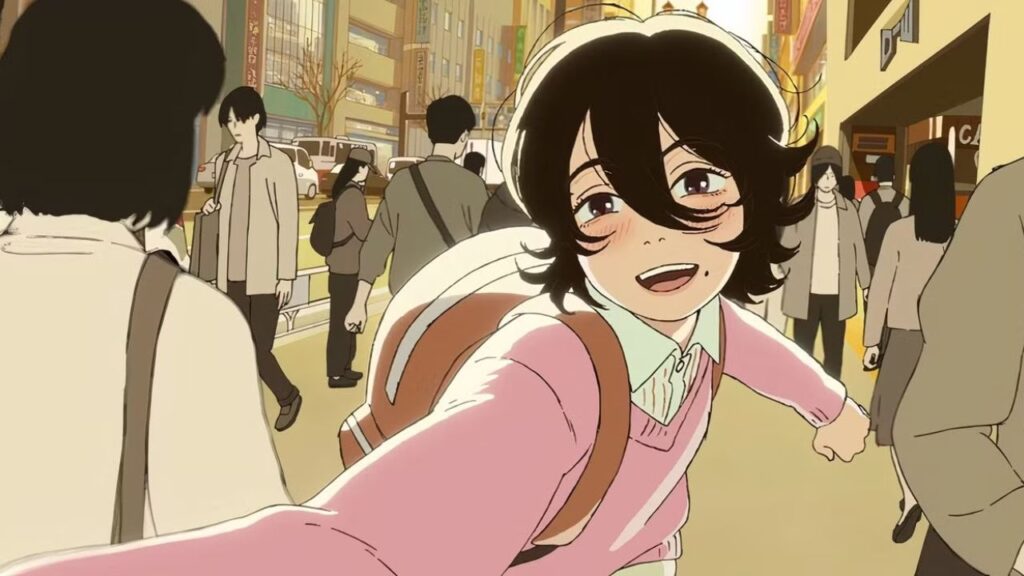
Look Back beautifully translates Tatsuki Fujimoto’s work, with every frame a faithful homage to the original manga that it’s based on. Director Kiyotaka Oshiyama doesn’t just do an impeccable job in adapting Tatsuki Fujimoto’s visuals, he also, dare I say, improves the pacing of the source material. The way he shows the passage of time in this film is masterful – a hand hovering over a piece of paper, sounds of a distant cityscape, the soft howls of the wind – all of which bring scenes together so seamlessly you almost forget that you are watching a film.
That said, it is the sound design that really brings this movie to life. The use of silence, along with Haruka Nakamura’s soft, melancholic soundtrack, does wonders to capture the solitude of separation and the unexpressed feeling of wanting to make things right. The music isn’t an emotional rollercoaster, but rather an emotional wormhole that subtly sneaks up on you and holds on to you long after the credits roll.
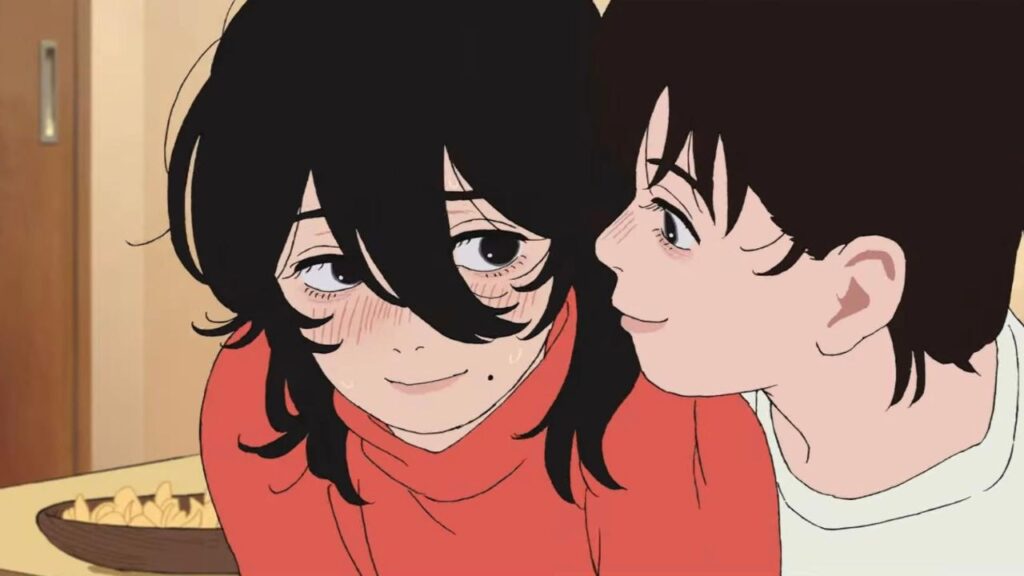
This anime’s unique hand-drawn style, as well as the subtle reference to the manga that Fujino and Kyomoto are creating, are a consequence of the film retaining a large amount of the key animation drawings in its final product, which were done in large part by the director himself. This makes Look Back stand out from other films like it, while also allowing Fujimoto’s original drawings their time to shine.
This is an anime that isn’t afraid to be its own thing. It gives us an insight into the artistic struggle that comes with being a mangaka, and the toll it can take on friends and family. It speaks to the power of art and the human connection it inspires. It forces us to reflect upon our own regrets. It is a powerful and bittersweet ode to friendship that punches far above its succinct run time.

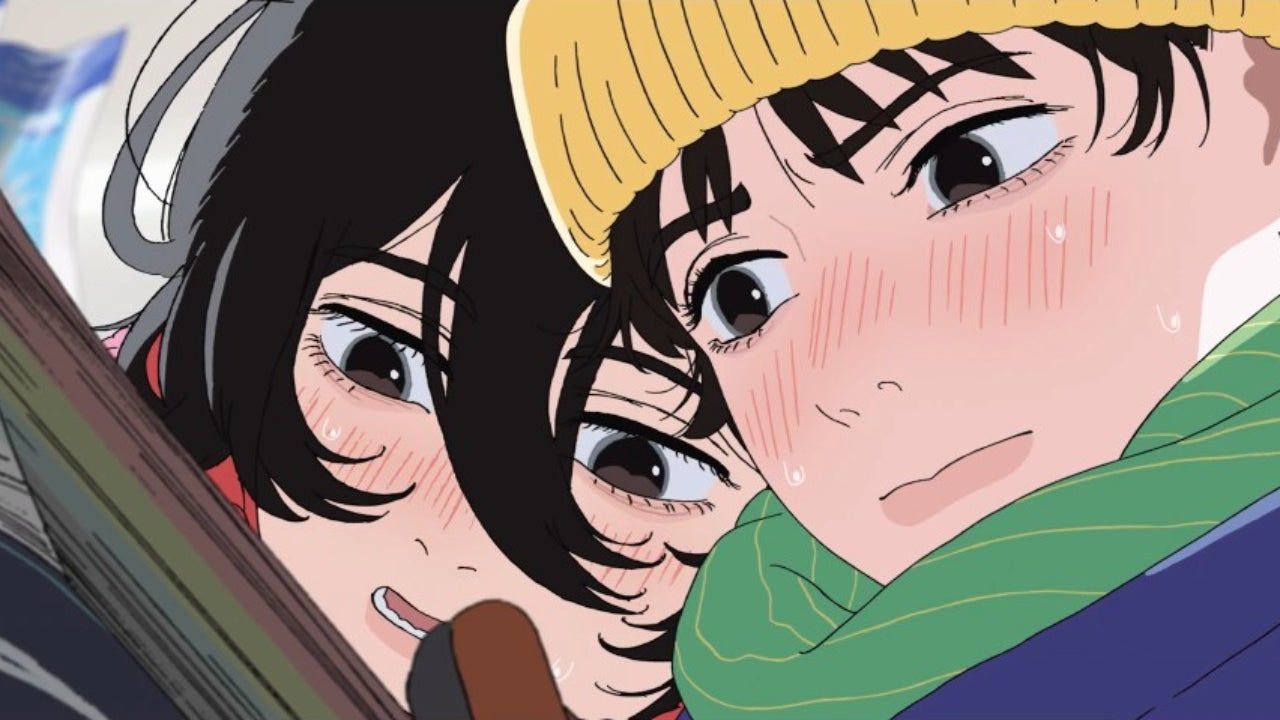
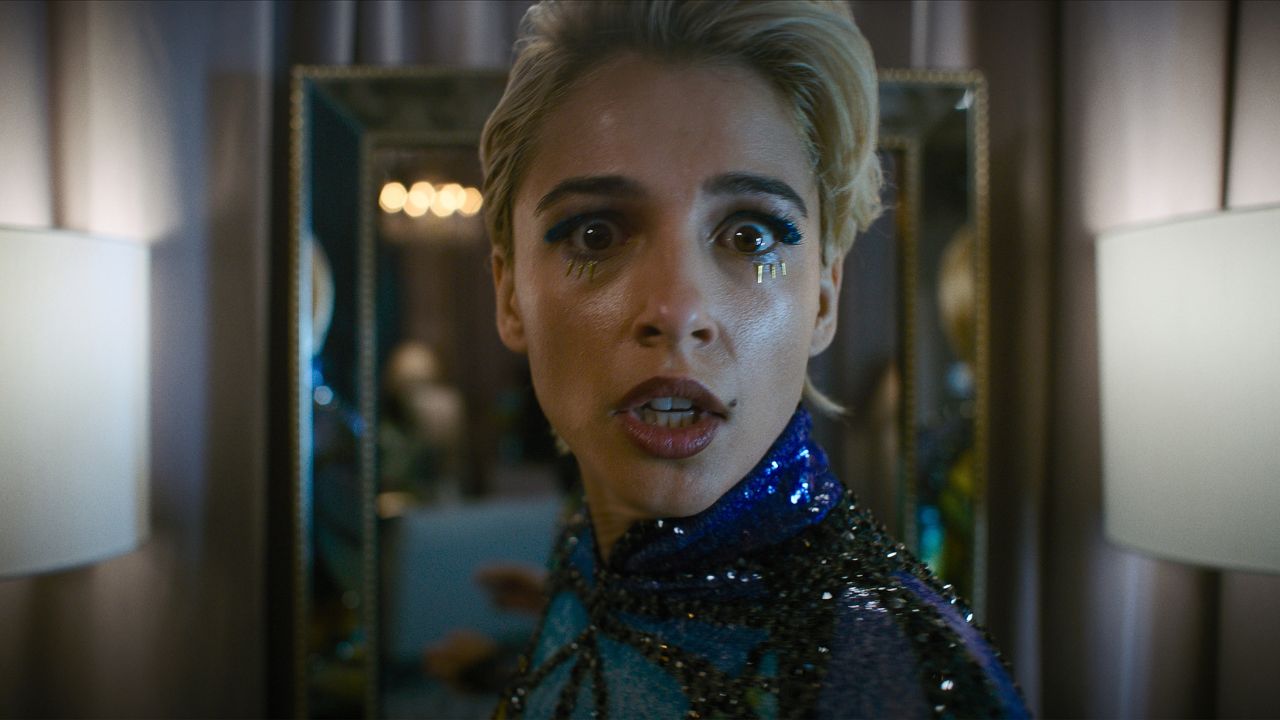

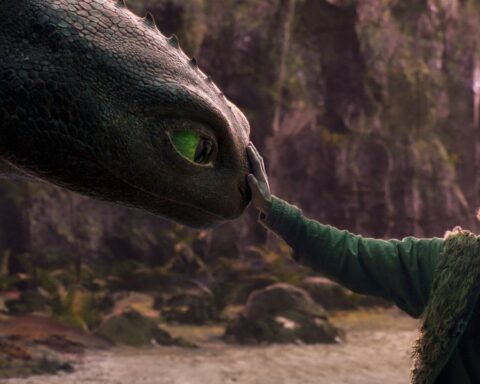
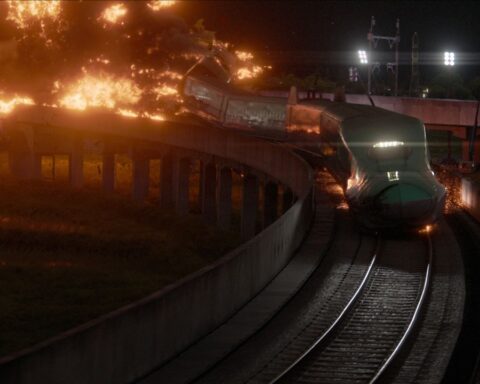


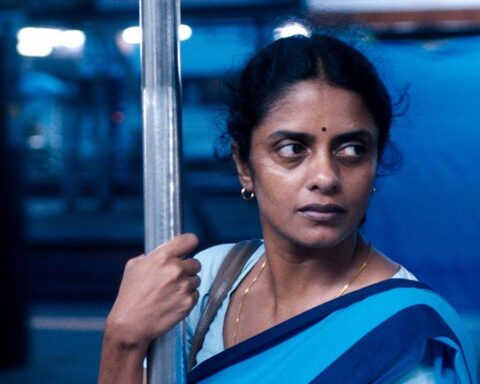
Follow Us